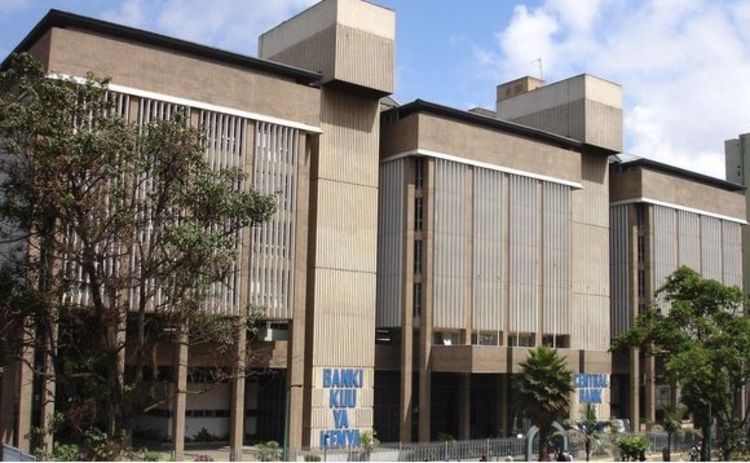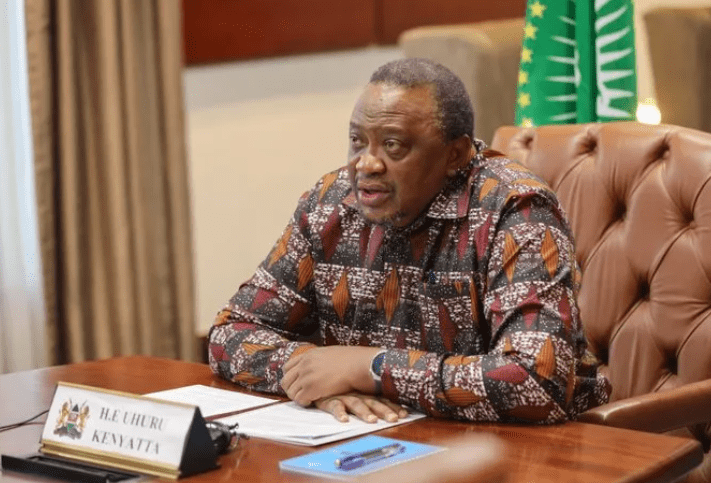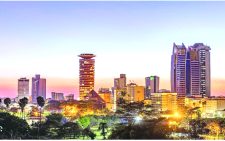Property auctions wiping out Kenya’s middle class

Data from the Central Bank of Kenya (CBK) shows that mortgages registered the highest increase of all non-performing loans between March 2020 and 2021, rising 48 per cent to stand at Sh70 billion, a frightening statistic.
Mortgages are a critical indicator of the financial health of individuals, as well as the growth of personal wealth through the stock of property held by nationals.
This has been one of the major economic effects of the Covid-19 pandemic, as the stringent measures government imposed to contain the spread of the virus led to a virtual economic collapse.
Another category of property owners who have been badly hit are those who had taken loans to purchase plots for building homes or commercial properties.
Mortgage holders have lost jobs, leaving them with no means of servicing their loans. Businesses have crashed or slashed expenses, leaving entrepreneurs without income to service loans such as mortgages.
Banks and other financial institutions that lent money for acquisition of this property are now holding onto property worth hundreds of billions, representing dead stock.
In a bid to recover their money, banks have resorted to their last recourse – auctions.
Newspapers are now awash with thousands of properties being auctioned. This has been going on for months.
This means that every day, hundreds of Kenyans are becoming newly impoverished.
The bottom line is that, majority of the people who had taken out mortgages to buy homes and loans to purchase and develop plots are the middle class.
So, what is happening is that the middle class is being decimated. It’s an economic disaster in the making.
Many, if not most, of those whose properties are being auctioned, will never recover. Basically, they have now joined the ranks of the poor.
By the time Covid-19 crisis is over, Kenya’s middle class will be all but over. It has taken five decades to build it to its current economic strength, wealth quantum and ability to mobilise finance. Covid-19 is wiping this away.
What’s worse is that the properties on auction have no takers, since the economy is experiencing a seizure and those sold are being flogged off at throwaway prices literally, destroying economic value. This is bad for the economy.
CBK and the Treasury remain mute, just sitting by presumably as spectators, as one of the major economic Kenyan power blocks is washed away, taking with it a good chunk of the economic growth engine and tax base.
This property base represents what makes the middle class what it is. Wipe that out, and they join the ranks of the poor. The country cannot just sit back.
CBK and the Treasury needs to make a strategic economic decision and intervene.
Create a fund that “buys” the distressed properties from banks and financial institutions.
This fund will be a debt-buying institution that will intervene strategically in cases of real estate like houses and commercial properties whose owners have defaulted due to economic collapse occasioned by Covid-19.
The government can finance this fund through a contribution from the Treasury as well as subscriptions from the International Monetary Fund, World Bank and other multilateral lenders and bilateral agreements.
If the government can find billions to finance a failed private entity like Kenya Airways for strategic reasons, it can find ways to finance this fund.
The debt fund will take over ownership of the properties from the banks through negotiated discounted terms that will enable the banks to remove them from their books of bad loans.
The debt fund will then negotiate with the property owners more concessionary terms with the appropriate grace periods that will enable them (owners) to maintain ownership in the long term as the country awaits the economic rebound.
This will be a win-win situation for everybody concerned, and the country. It will relieve the massive economic stress all players in the economy are currently undergoing and ease cashflows for all concerned.
The government needs to put in place such a mechanism without further delay. —gathukara@gmail.com














